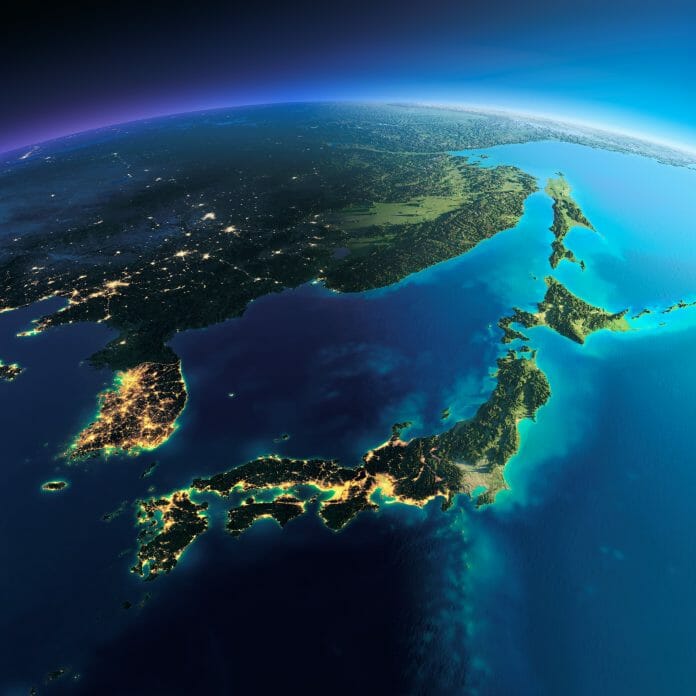The Asia and the Pacific region has only achieved 14.4% progress needed to achieve the 17 Sustainable Development Goals (SDGs), and it will take another 42 years for the region to reach the goalpost, said a United Nations (UN) report.
The Asia-Pacific SDG Progress Report issued by the UN Economic and Social Commission for Asia and the Pacific (Escap) said at the current pace, Asia and the Pacific will miss 90% of the 118 measurable SDG targets by 2030 unless the efforts are multiplied.
It said the average overall progress towards achieving all 17 SDGs in the Asia-Pacific region had increased slowly from 4.4% in 2017 to 14.4% in 2022.
“At the midpoint towards the 2030 target year, the region should have made 50% of the progress needed to achieve the goals, yet the overall progress has reached only 14.4%.
“The total number of years required to achieve the SDG targets in the Asia-Pacific region has increased, which means the region will miss the 2030 target year by several decades.
“We must not give up on the ambition to achieve the goals, but we need to act quickly, think smarter, make intelligent investments, strengthen global partnerships, and build on the collective commitment to the SDGs to achieve a sustainable, prosperous and inclusive future,” the report said.
Meanwhile, United Nations under-secretary general and executive secretary of Escap Armida Salsiah Alisjahbana noted there had been impressive national accomplishments across the 17 goals, but none of the countries in the region were on track to reach them, and overall achievement is much lower than anticipated for the midpoint.
She said in developed and developing countries alike, persistent data gaps remain.
“Governments must renew their commitments to producing relevant, timely, granular, high-quality information to monitor and review the march towards the SDGs,” she said.
The report also highlighted several heartening evidence-based national initiatives, such as reducing child marriages in India, increasing the rate of births attended by skilled personnel in Timor-Leste, improving the processing of identity documents for Afghan refugees in Pakistan, and a clean air plan to tackle air pollution in Cambodia.
The report stated that the areas of greatest progress for the Asia-Pacific region were affordable and clean energy (Goal 7), and industry, innovation and infrastructure (Goal 9) in 2022.
“Progress towards achieving Goal 7 was largely driven by achievements in access to electricity and international support for clean and renewable energy, while there was little progress in the share of renewable energy consumption.
“Progress towards achieving Goal 9 was driven by successes in mobile network coverage and total official flows for infrastructure development in the least developed countries,” it said.
The report said progress towards climate action (Goal 13) is slipping away.
“The region is both a victim of the impact of climate change and a perpetrator of climate change, with a responsibility to reduce greenhouse gas emissions. Countries are not on track to achieve greenhouse gas emissions reduction targets. The region is also regressing on Goal 13 owing to the increase in deaths and missing persons attributed to disasters,” it said.
The Asia and the Pacific SDG Progress Report 2023 uses the latest data for global SDG indicators to determine where additional effort is needed in the region, and where momentum for future progress is building.
It is an annual flagship publication, in partnership with seven other UN agencies.
This year’s report provides further analysis of Covid-19 impacts on sustainable development, the progress in countries with special situations, as well as recommendations to bridge data gaps.









